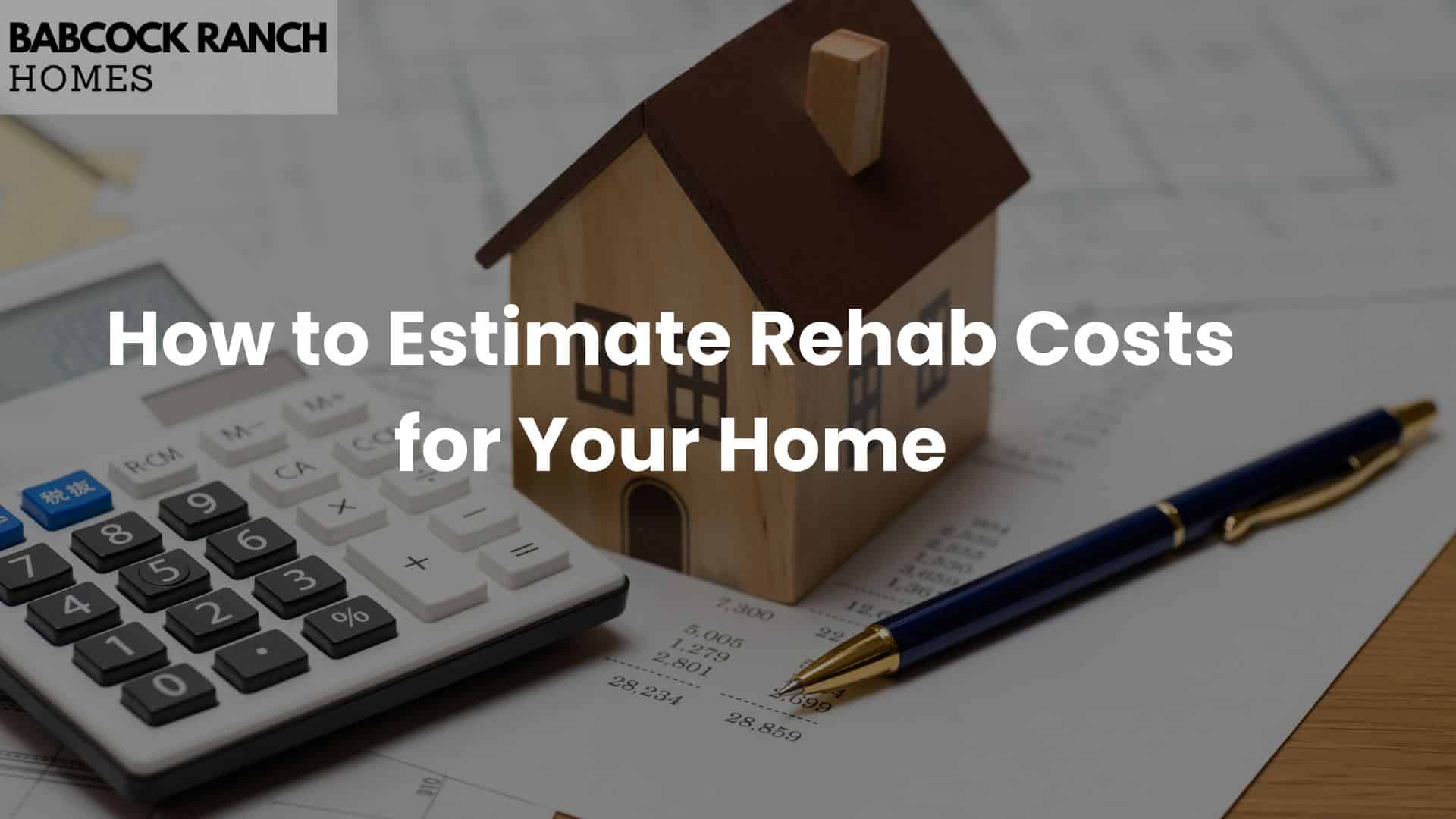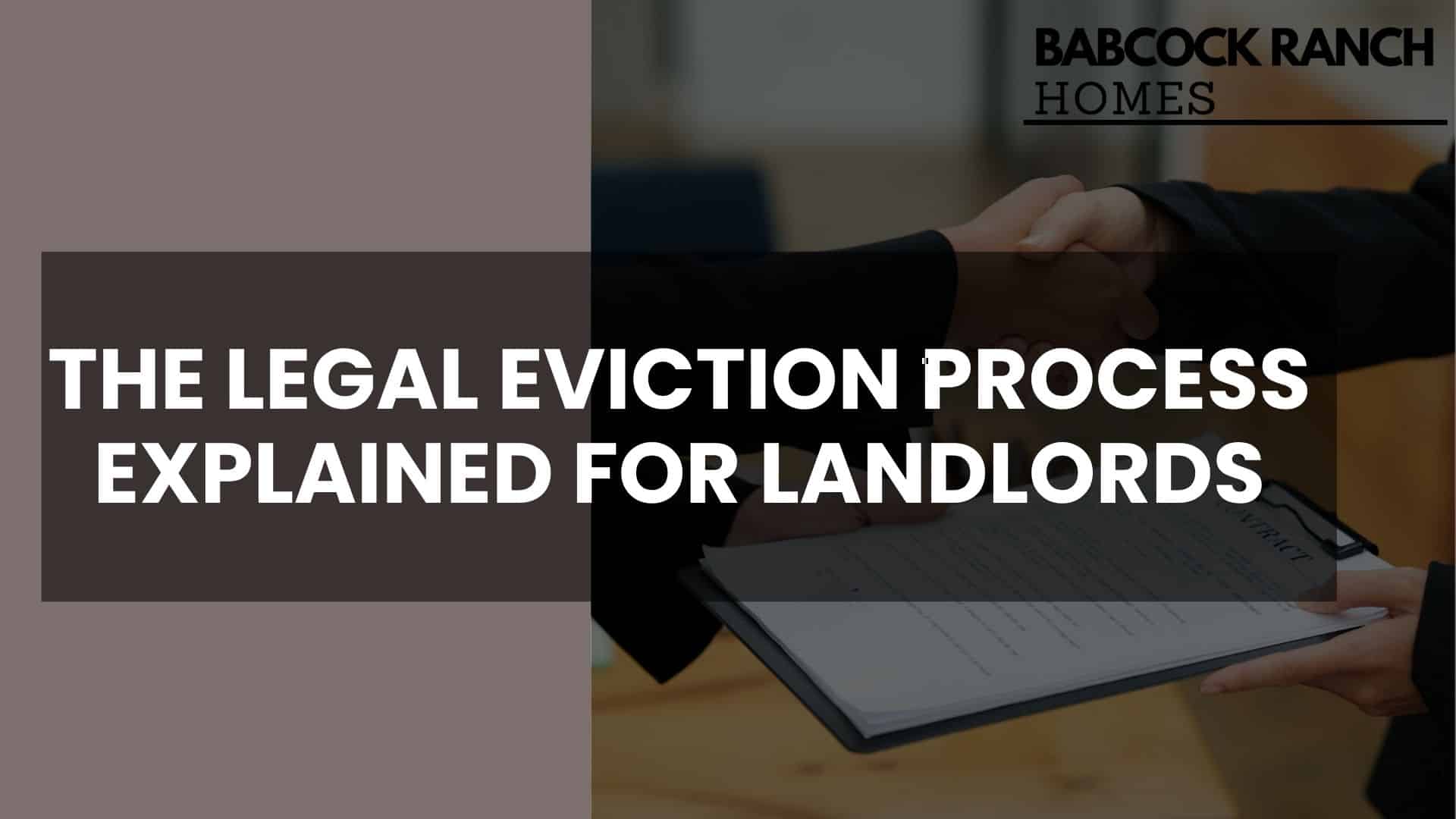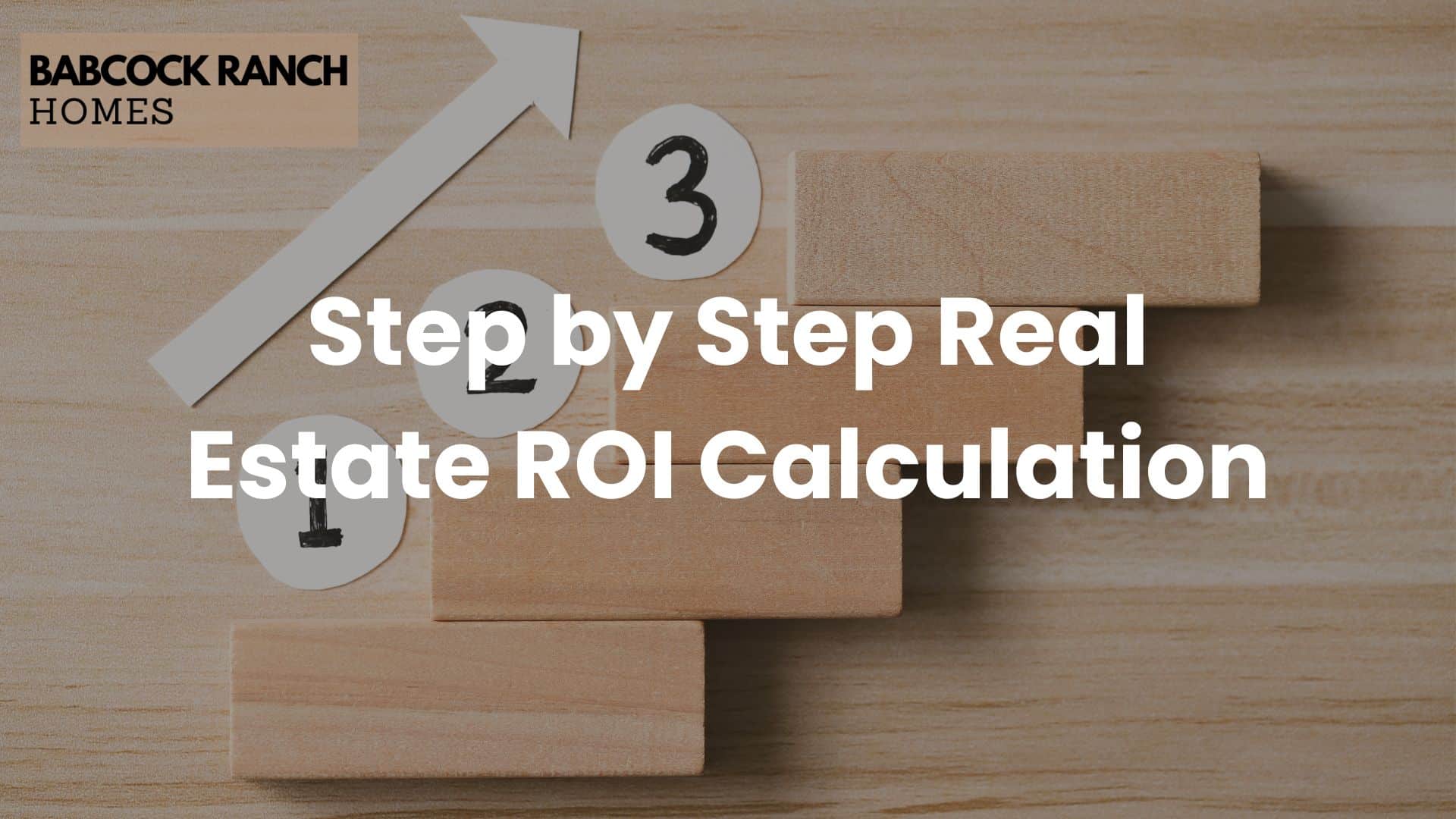Are real estate taxes and property taxes the same thing? This confusion often leads to financial uncertainty for homeowners and investors alike. In this article, we’ll clarify the differences between these taxes, explain how they affect your finances, and provide insights on regional variations in tax laws. By understanding these concepts, you’ll be better equipped to manage your property-related expenses and make informed decisions about your real estate investments.
Key Takeaways
- Real estate taxes fund public services and impact property ownership costs
- Property taxes can include both real estate and personal property assessments
- Homeowners can utilize tax deductions and exemptions to reduce their tax burden
- Tax laws and assessment methods vary significantly across states and localities
- Property owners can appeal assessments and should stay informed about local tax changes
What Are Real Estate Taxes?

Real estate taxes are levies imposed on property owners based on the assessed value of their real estate. These taxes, calculated by local jurisdictions, fund public services and infrastructure. Property owners are obligated to make regular payments, which can impact the overall price of ownership. Understanding real estate taxes, including potential tax credits, is crucial for anyone holding a deed to real property.
Defining Real Estate Taxes
Real estate taxes are financial obligations imposed on property owners based on the assessed value of their real property. These taxes fund essential public services and infrastructure, impacting the overall cost of ownership. When filing a tax return, property owners may be eligible for deductions related to real estate taxes paid. Understanding these taxes is crucial for homeowners and investors alike, as they affect home equity and long-term investment strategies. Additionally, real estate taxes are often factored into mortgage payments and insurance calculations:
| Aspect | Impact |
|---|---|
| Home Equity | Affects property value and owner’s equity |
| Investment | Influences long-term property investment decisions |
| Insurance | Often included in escrow accounts for mortgage payments |
| Tax Return | May provide deduction opportunities for property owners |
How Real Estate Taxes Are Calculated
Real estate taxes are calculated based on the assessed value of a property, which is determined by local tax assessors. This value is multiplied by the local tax rate to determine the annual tax obligation. Factors such as property type (e.g., condominium vs. single-family home), location, and improvements can affect the assessment. Some jurisdictions offer tax exemptions or reduced rates for certain property owners, such as seniors or veterans. The payment system for real estate taxes varies by locality, with some areas allowing installment payments to improve accessibility for property owners, including those renting out their properties:
| Factor | Influence on Tax Calculation |
|---|---|
| Property Type | Different rates for residential, commercial, or agricultural properties |
| Location | Affects property value and local tax rates |
| Improvements | Can increase assessed value and resulting taxes |
| Exemptions | May reduce taxable value for eligible property owners |
Obligations of Real Estate Owners
Real estate owners have specific obligations regarding their property taxes. They must stay informed about local tax laws, pay their taxes on time to avoid back taxes and potential legal issues, and maintain accurate records for tax purposes. Property owners often include tax payments in their loan agreements, ensuring timely payments through escrow accounts. Additionally, owners should be aware that improvements, such as installing air conditioning, may affect their property’s assessed value and subsequent tax obligations.
Understanding Property Taxes

Property taxes are a crucial aspect of real estate ownership in the United States, affecting gross income and potentially qualifying for earned income tax credits. This section explains property taxes, types of taxable property, and assessment methods. Understanding these elements is essential for property owners, especially during audits or when completing tax worksheets.
Explanation of Property Taxes
Property taxes are levies imposed on real estate and certain personal property by local governments to fund public services. These taxes are typically based on the assessed value of the property and can vary depending on factors such as location, property type, and local tax rates. Property owners may be eligible for tax deductions or deferrals, and some jurisdictions offer exemptions for specific groups. Understanding property taxes is crucial for those with a real estate license, as it affects both residential and commercial properties:
| Property Tax Aspect | Description |
|---|---|
| Assessment | Based on property value determined by local assessors |
| Payment Methods | Often included in mortgage payments or paid directly via credit card |
| Tax Deductions | May be eligible for federal and state income tax deductions |
| Tax Deferral | Some programs allow qualifying homeowners to postpone tax payments |
Types of Property Subject to Property Taxes
Property taxes apply to various types of real estate and personal property. Real estate subject to taxation includes residential homes, commercial buildings, and undeveloped land. Personal property, such as vehicles and business equipment, may also be taxable in some jurisdictions. The value of these assets determines the tax amount, with potential deferrals available for qualifying property owners. Local governments assess taxes based on property characteristics and location, which can affect the overall fee structure:
| Property Type | Tax Implications |
|---|---|
| Residential Real Estate | Primary source of property tax revenue |
| Commercial Real Estate | Often taxed at higher rates than residential |
| Undeveloped Land | May have lower tax rates to encourage development |
| Personal Property | Taxed in some areas, rates vary by item type |
Methods of Property Tax Assessment
Property tax assessment methods vary by jurisdiction but typically involve determining the property’s market value. Assessors consider factors such as location, size, and recent sales of comparable properties. Some areas use a standard deduction to reduce the taxable value. Real estate agents often assist clients in understanding these assessments, especially during refinancing processes. Property owners should be aware that improvements or changes in the local real estate market can affect their assessments and potentially impact their dividend income from rental properties.
Are Real Estate Taxes the Same as Property Taxes?

Real estate taxes and property taxes are often used interchangeably, but subtle differences exist. This section explores the similarities and key distinctions between these tax levies, focusing on their impact in Maryland and other states. Understanding these differences is crucial for property owners, especially when dealing with mortgages and tax assessments.
Exploring the Similarities Between the Two
Real estate taxes and property taxes share many similarities in their fundamental purpose and application. Both are levied on property owners based on the assessed value of their real estate, including land and structures. These taxes fund local government services and infrastructure, such as schools, roads, and utilities. In states like Illinois, property owners may encounter these terms interchangeably when reviewing their tax assessments or Form 1040 deductions. Property owners, whether they occupy the property or lease it out, are responsible for paying these taxes, which can impact the depreciation calculations for investment properties.
Key Differences You Need to Know
While often used interchangeably, real estate taxes and property taxes have subtle differences. Real estate taxes specifically apply to land and permanent structures, while property taxes can encompass personal property such as vehicles. In Virginia, for example, property taxes include both real estate and personal property assessments. The percentage of tax levied may vary between real estate and personal property. Auctions of tax-delinquent properties often involve real estate taxes specifically. Data from tax assessors helps determine both types of taxes, but the child tax credit only applies to income taxes, not property or real estate taxes:
| Tax Type | Applies To | Assessment Basis |
|---|---|---|
| Real Estate Tax | Land and permanent structures | Assessed value of real property |
| Property Tax | Real estate and personal property | Assessed value of all taxable property |
Why This Distinction Matters for Property Owners
Understanding the distinction between real estate taxes and property taxes is crucial for property owners to manage their financial obligations effectively. This knowledge helps owners accurately assess their tax liabilities, especially when dealing with liens or using their property as equity for loans. Property owners must provide their personal identification number when handling tax matters, ensuring proper attribution of payments to their specific real estate or personal property. Additionally, this distinction affects how owners might allocate funds in their savings accounts to cover different tax obligations, potentially impacting their overall financial planning strategies.
How Real Estate and Property Taxes Affect You

Real estate and property taxes significantly impact homeowners’ finances, affecting market value and potential debt. This section explores the financial implications for homeowners, available tax deductions and exemptions, and strategies to manage tax obligations. Understanding these aspects helps taxpayers navigate assessments, consider appeals, and optimize their financial planning related to property ownership.
Financial Implications for Homeowners
Real estate and property taxes significantly impact homeowners’ finances, affecting both their monthly expenses and long-term financial planning. These taxes, typically calculated based on the property’s assessed value and the local tax rate, contribute to funding essential infrastructure and public services. Homeowners must factor these costs into their fiscal year budget, as they can influence decisions regarding home equity loans and potential itemized deductions on tax returns. Understanding the financial implications of these taxes helps property owners make informed decisions about their real estate investments and overall financial strategies.
Tax Deductions and Exemptions Available
Property owners can take advantage of various tax deductions and exemptions to reduce their tax burden. The mortgage interest deduction and property tax deduction are common options for homeowners who itemize on their tax returns. Some states offer homestead exemptions, which can lower the assessed value of a primary residence for tax purposes. Additionally, certain groups, such as seniors or veterans, may qualify for specific tax credits or exemptions. Property owners should be aware that expenses related to advertising rental properties or maintaining a home office may be deductible. In cases of financial hardship, taxpayers might consider an offer in compromise to settle their tax debt for less than the full amount owed:
| Deduction/Exemption | Description |
|---|---|
| Mortgage Interest Deduction | Allows homeowners to deduct mortgage interest on their tax returns |
| Property Tax Deduction | Permits deduction of property taxes paid on personal residences |
| Homestead Exemption | Reduces assessed value of primary residence for tax purposes |
| Rental Property Expenses | Deductions for advertising and maintenance costs of rental properties |
Strategies to Manage Your Tax Obligations
Effective strategies for managing real estate and property tax obligations involve careful planning and understanding of tax laws. Property owners can optimize their tax positions by implementing withholding adjustments, exploring income tax deductions related to property ownership, and staying informed about local tax regulations. Maintaining accurate records of property-related expenses and revenues is crucial for maximizing deductions and ensuring compliance with tax laws. Additionally, property owners may consider consulting with tax professionals to explore employment-related deductions that could offset their real estate tax burden. Here are key strategies to manage tax obligations:
- Adjust tax withholding to avoid underpayment penalties
- Explore all available property-related tax deductions
- Maintain detailed records of property expenses and income
- Consider professional tax advice for complex situations
- Stay informed about changes in local tax laws and assessments
Navigating Regional Differences in Tax Laws

Regional differences in tax laws significantly impact real estate and property taxes across states and localities. This section explores variations in ad valorem tax systems, local tax responsibilities, and resources for staying informed about changes. Understanding these differences is crucial for property owners seeking accurate tax refunds and corporations managing their tax obligations. Proper documentation, including receipts, is essential for navigating these regional variations effectively.
Variations in Taxation by State and Locality
Taxation varies significantly across states and localities in the United States, impacting property owners’ financial obligations. California, for example, uses a system based on fair market value, while other states may rely on different assessment methods. Income from rental properties can affect tax calculations, and some areas offer special considerations for gifted properties. Property owners should maintain accurate records in their bank accounts to track tax-related expenses and payments. These regional differences can significantly impact the overall tax burden for property owners:
| State | Tax Assessment Method | Notable Features |
|---|---|---|
| California | Fair Market Value | Proposition 13 limits annual increases |
| Texas | Appraised Value | No state income tax, higher property taxes |
| New York | Assessed Value | Complex system with multiple property classes |
| Florida | Just Value | Homestead exemption available |
Understanding Your Local Tax Responsibilities
Understanding local tax responsibilities is crucial for property owners to navigate the complexities of real estate taxation. Local governments often use real estate appraisals to determine property values, which form the basis for tax calculations. Property owners should be aware of how construction projects or improvements may affect their valuation and subsequent tax obligations. Interest on property tax payments and payroll taxes for property management staff can also impact overall tax liabilities. To effectively manage these responsibilities, property owners should familiarize themselves with local assessment methods and payment schedules:
| Tax Responsibility | Description | Impact on Property Owner |
|---|---|---|
| Property Valuation | Based on real estate appraisal | Determines tax base |
| Construction Impact | Improvements may increase value | Potential increase in tax liability |
| Interest on Late Payments | Penalties for overdue taxes | Additional financial burden |
| Payroll Taxes | For property management staff | Affects overall property expenses |
Resources to Stay Informed About Tax Changes
Property owners can stay informed about tax changes through various resources. Local government websites often provide updates on property tax rates, assessment methods, and budget allocations. Real estate associations and business groups frequently offer seminars and newsletters covering tax sale procedures and interest rate fluctuations. Additionally, property owners should monitor state and federal tax authority websites for changes that may impact their tax obligations, particularly for those involved in sales or rental businesses.
Frequently Asked Questions

Property owners often have questions about real estate and property taxes. This section addresses common concerns, including methods to lower property taxes, steps to take when disagreeing with assessments, and how tax dollars are utilized. Understanding these aspects can help homeowners manage their finances, interact with appraisers, and navigate business tax implications for their dwelling.
How Can I Lower My Property Taxes?
Property owners can employ several strategies to lower their property taxes and reduce overall costs. One effective method involves challenging the assessed value of the property if it appears inflated compared to similar properties in the area. Homeowners should also review their property tax bill for potential errors and ensure they are receiving all eligible exemptions, such as those for primary residences or seniors. Additionally, keeping detailed records of personal property and any depreciation can help reduce the taxable value of certain assets, potentially lowering the overall tax burden.
What if I Disagree With My Property Tax Assessment?
Property owners who disagree with their property tax assessment have the right to appeal. The process typically begins with filing a formal appeal with the local tax assessor’s office within a specified timeframe. Property owners should gather evidence to support their claim, such as recent appraisals, comparable sales data, or documentation of property defects that might affect value. Some jurisdictions offer informal review processes before a formal hearing, allowing property owners to discuss their concerns with an assessor directly. If the initial appeal is unsuccessful, property owners may have the option to escalate their case to a higher review board or tax court.
Where Are My Tax Dollars Utilized?
Property tax dollars typically fund a variety of local government services and infrastructure. The majority of these funds support public education, including teacher salaries and school facilities. Other significant allocations include public safety services such as police and fire departments, road maintenance, and public parks. Local governments also use these funds for administrative costs, public health services, and community development projects. Property owners can often find detailed breakdowns of tax dollar utilization in their local government’s annual budget reports or on municipal websites.
Conclusion
Understanding the distinction between real estate taxes and property taxes is crucial for property owners to manage their financial obligations effectively. While often used interchangeably, these terms have subtle differences that can impact tax liabilities, deductions, and overall financial planning strategies. Property owners must stay informed about local tax laws, assessment methods, and available exemptions to optimize their tax positions and make informed decisions about their real estate investments. By grasping these concepts, homeowners can better navigate regional tax variations, explore potential tax-saving opportunities, and ensure compliance with their local tax responsibilities.




















